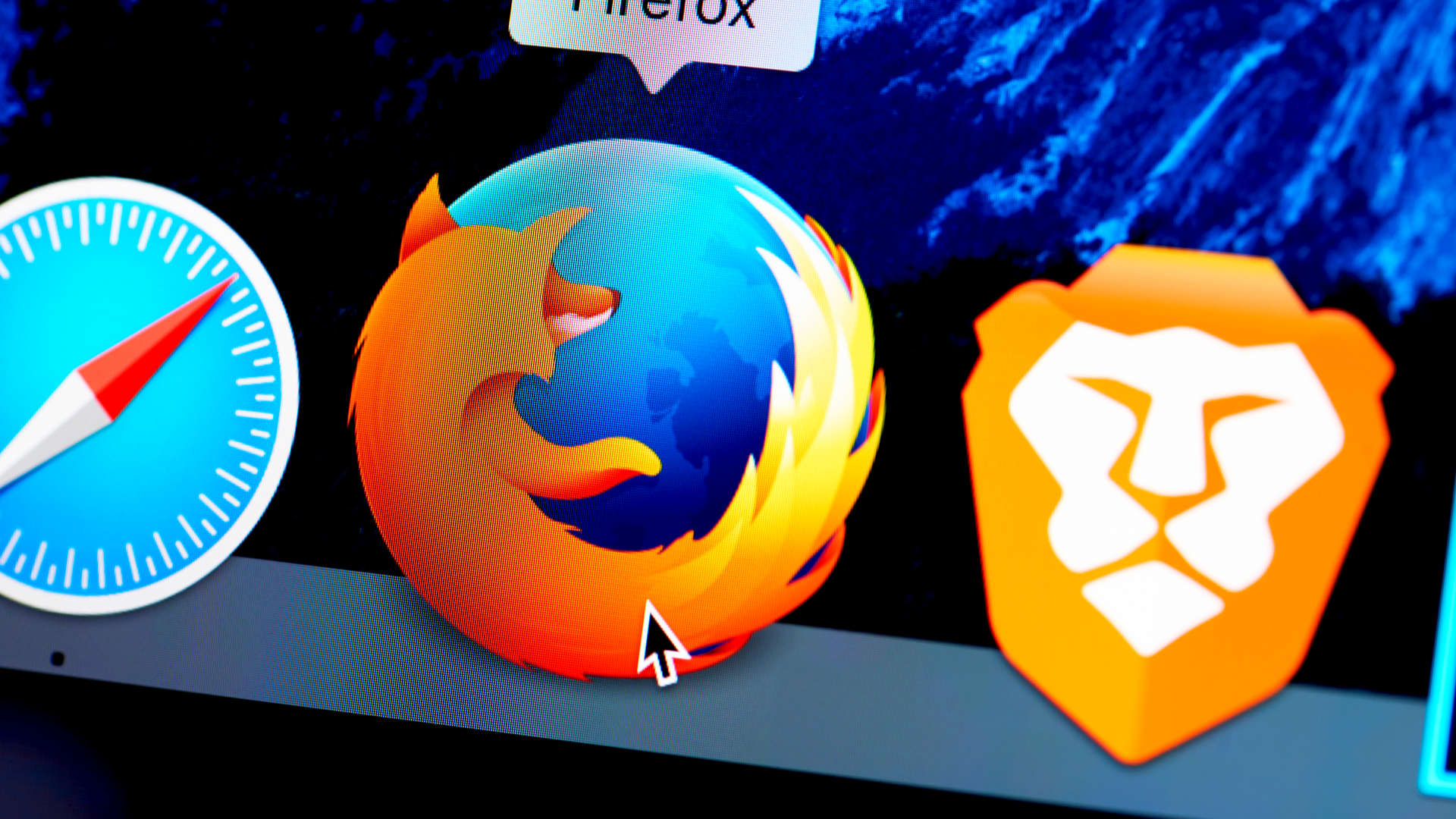Want to avoid the Chrome monopoly? Switch to Firefox
Firefox isn't perfect, but I'll be using it until Google ends its data-slurping

The news that Microsoft is dropping the internal engine used in Edge and moving to Chromium certainly made me sit down and think. This isn't the Microsoft of old, where Linux was spat upon and iOS viewed as a toy - and macOS was supported simply to help keep the regulators out of the building.
As Barry Collins previously explained, the Ballmer-led Microsoft of old would have just kept going, barking loudly that its browser was the One True Way, and that everything else would be steamrollered out of its path. The old Microsoft would have done everything in its power to force users to keep using its technology.
A lot of commentators have been saying that the removal of this engine, and its rendering platform, is a bad thing because it reduces competition in the browser engine space. Too many people using Chrome or Chromium means that web developers will tip towards supporting that first, with other engines coming along as a weak second.
Good, say I. I'm tired of web pages that don't render correctly. I'm tired of pop-ups that don't pop up, buttons that don't click, items that don't align correctly on the page, and those weird HTML5 effects where parts of the page unfold. Or stay resolutely stuck.
Here is the stark reality. The modern web browser is unrecognisable from the first NCSA Mosaic browser, let alone Microsoft's Internet Explorer 1.0 which came out in 1995 after an acquisition from Spyglass. Today's browser has complexity and capability that can rival that of a full power word processor or spreadsheet. And with that complexity come incompatibilities.
Now, there are lies, more lies and statistics, and you can find information about web browser platform use from a number of places if you search. Statista says that, in August 2018, Chrome had a 67.6% market share, with Firefox at 10.96%, Internet Explorer at 6.97%, Safari at 5.13%, Edge at 4.24% and Opera at 2.48%. Other sites will agree, plus or minus, but it's clear that Chrome is the big player in this market. It's also clear that Edge is a huge failure, given the installed base of Windows 10.
Yes, there are some environments, such as those that are heavily regulated and locked down, where Chrome can't be installed for security reasons. But, even in those environments, Internet Explorer 11 is hidden away just in case it's needed. It seems that Edge is primarily used for downloading Chrome and is then discarded. No wonder Microsoft came to the decision that it did: no need to download Chrome, it will be able to say, as Edge uses the same technology. Stick with us instead.
Sign up today and you will receive a free copy of our Future Focus 2025 report - the leading guidance on AI, cybersecurity and other IT challenges as per 700+ senior executives
Are there downsides to this move? Well, much will depend on the transparency that Microsoft decides to employ. Personally, I've just moved off Chrome after steady use for some years because I'm not happy with the way that Google slurps up data, even if you aren't logged into a Google account at the time. For example, I recently learnt that Chrome will use Google's DNS servers even if your DHCP server points to a different set of DNS servers.
Then there's the fact that Chrome is a big resource user, especially if, like me, you can end up with dozens of tabs open across multiple browser windows, running for days, even weeks, at a time. On the plus side, I like the significant lockdown that has happened with Chrome this year. It's much more security aware than in the past, actively blocking extensions that try to get shoehorned in by third parties (either antivirus products or malware itself).
Sadly for Google, Mozilla has also upped its security game - and that's where I've moved. There are things I don't like about Firefox, but then find me a perfect product and I'll run the London Marathon. I still have some rendering issues, but I confess that some of these may be self-inflicted: I'm a serious user of security and ad-blocking add-ins such as Ghostery and AdBlock. And I can't cope with Facebook unless I insert a tool such as Social Fixer to wrestle it into the ground.
Maybe what I need is the Chromium engine wrapped into something that doesn't attempt to keep stealing my information from me. While Microsoft has somewhat stained its privacy copybook with its Windows 10 data snooping, the question is which devil do you dislike the most? The combination of the Chromium engine and the front-end framework of Edge could be compelling, providing I can get all the security-enforcing add-ons that I want and need.
There are some months to go before we see what Microsoft delivers, and I'll be ready to praise or abhor when I see the final product. For now, though, supporting Firefox's 11% market share is my best option.

